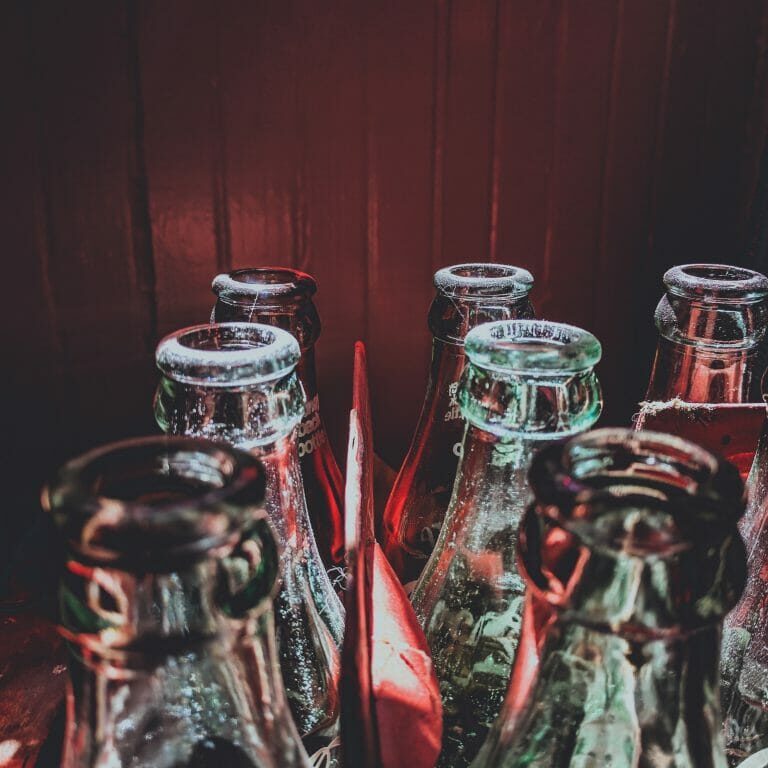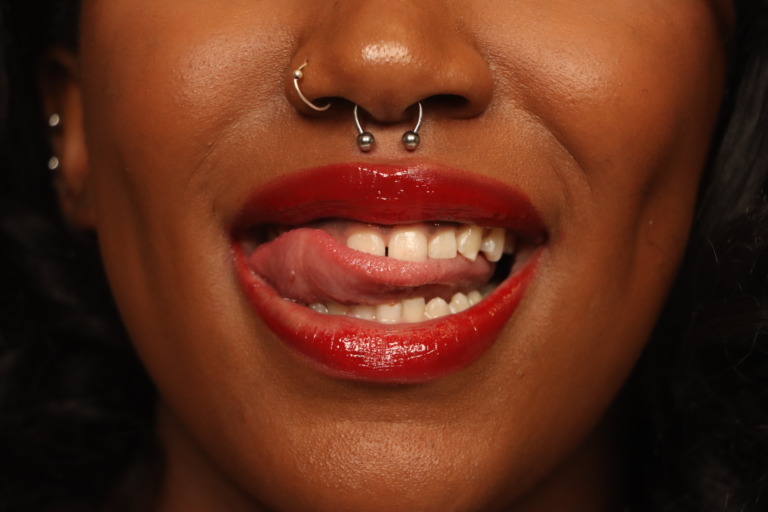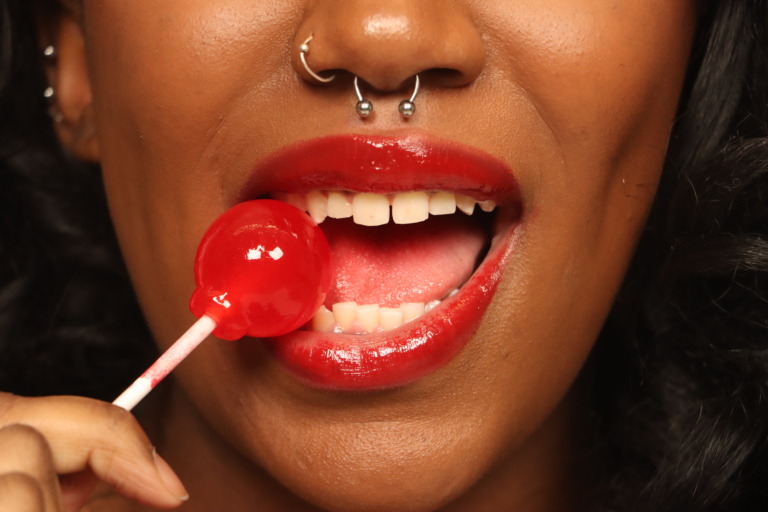
The exception, not the rule
Halloween's allure is the crave of breaking the norm
Halloween parties tend to be extra everything.
Extra loud, extra wild, and extra fun (this last point is debatable.) Whether or not you attend a Halloween party this year, the recklessness is inevitable. There will be a slew of messiness in the streets and raunchy documentation on your social media feed come Wednesday morning.
Trick-or-treating has been tradition for children in North America since the 1920s. Most of us grew up going door-to-door on Halloween night, stuffed in our costumes and inspecting our treats at the end of the night.
In preparation for the night, parents would paint our faces and sometimes even sew magnificent costumes. We’d stay up later than usual, carving pumpkins, and eating candy throughout the weeks that followed – sometimes resulting in missing a day of school with an upset stomach. Everything relating to Halloween as a child screamed exception.
One year, I remember my grey, mouse costume bursting at the seams. My parents had swaddled me in winter clothes and pulled the costume over-top – as is sometimes required while living in Canada.
I looked ridiculous. Regardless, I felt a sense of confidence as I mounted doorsteps and squealed, “trick or treat!”
I didn’t look like myself. I could eat too much candy. I could stay up late. With a mixture of excitement and a sugar high, I could even behave differently.
These exceptions once given to us by well intentioned parents and teachers have translated into exceptions we give ourselves. We’ve learned to associate masked costumes with the concept of exceptions – doing things we wouldn’t normally do. And this association has made its way into our adult lives manifested by excessive drinking and wild behavior.
In high school, I attended a Halloween party where I dressed up as a member of KISS. I was unrecognizable. Instead of opting to drink excessively or destroy some furniture – which would have been more fitting as Peter Criss – I thought it would be funny if I simply didn’t talk to anyone and stood in silence. This behavior of mine isn’t too weird for a high school party, however, I felt extra confident in my actions with my hairspray, platform shoes and hidden identity.
Halloween and its affect on people has bred so much curiosity that psychologists have even conducted studies on the situation. In 1976, Dr. Ed Diener researched the conditions that prompt trick-or-treaters to overindulge. He and his colleagues discovered that the ritualization of exception during Halloween is a product of anonymity and deindividuation, meaning people lose a sense of individualism and social restraints in groups.
So, during Halloween, taboos are relaxed. Breaking social norms – behind the safety of your costume and disguised as something you’re not – is a norm.
Excessive candy consumption in childhood has morphed into excessive alcohol intake in adulthood. Vandalism and property destruction rates increase. People scare themselves by visiting haunted houses and watching horror films. We crave the exceptions we were once given.
One word of advice – however fun Halloween may be to you – be careful what you excuse and where you place your exceptions. Excessive drinking, for instance, is dangerous and problematic.
Although giving yourself exceptions can feel like a treat, you may just be tricking yourself. Who you are playing trick-or-treat with this Halloween?






